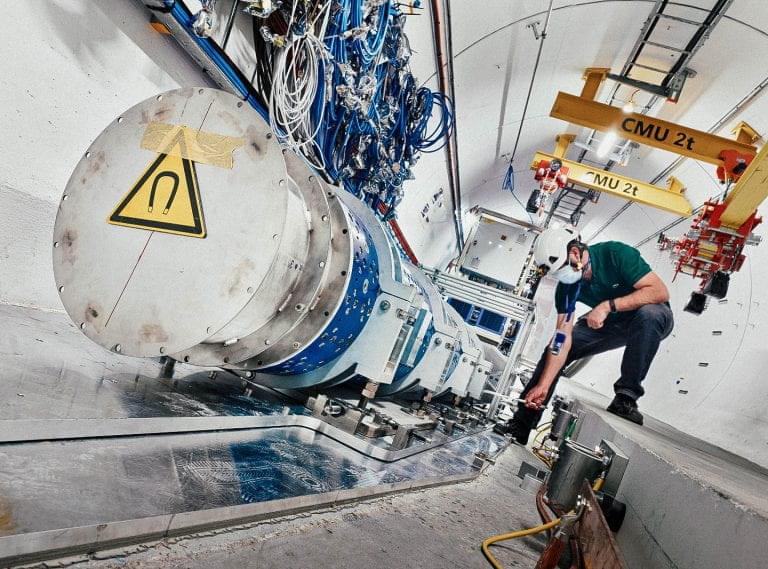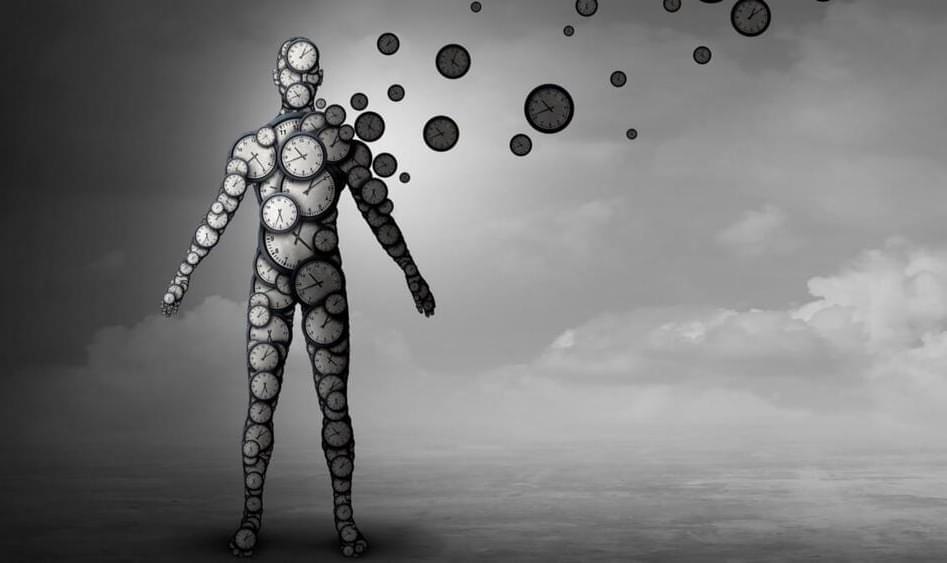Friends Lunch with a Member.
Topic: Negative Energy, Quantum Information and Causality.
Speaker: Adam Levine.
Date: November 19, 2021
Einstein’s equations of gravity show that too much negative energy can lead to causality violations and causal paradoxes such as the so-called “grandfather paradox. In quantum mechanics, however, negative energies can arise from intrinsically quantum effects, such as the Casimir effect. Thus, it is not clear that gravity and quantum mechanics can be self-consistently combined. In this talk, Levine will discuss modern advances in understanding the connection between energy and causality in gravity and how quantum gravity avoids obvious paradoxes. He will also explore how this line of thought leads to new insights in quantum field theory, which governs particle physics.
As a physicist, Adam Levine’s research aims to understand the structure of entanglement in quantum field theories and quantum gravity through use of techniques from the study of conformal field theories, as well as quantum information theory and AdS/CFT. With support from the National Science Foundation, Adam is a long term Member in the School of Natural Sciences. He received his Ph.D. from University of California, Berkeley (2019), was a Graduate Fellow at the Kavli Institute for Theoretical Physics (2018), a National Defense Science and Engineering Graduate Fellow (2017−2020), and received the Jeffrey Willick Memorial Award for Outstanding Scholarship in Astrophysics from Stanford University (2015).







